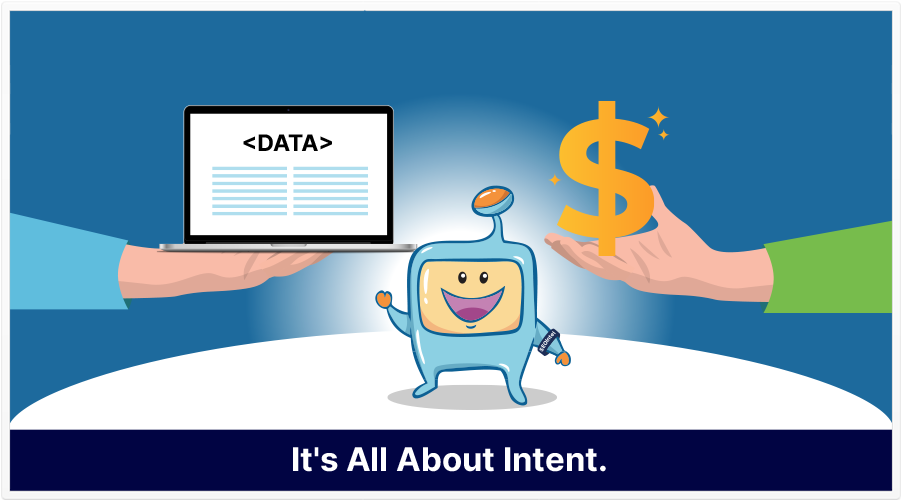
Alright, I need to give you some background information. By doing so, I’ll help give you a better context for understanding this.
Intent is the name of the game here.
Not too long ago, I wrote an article that I hope serves as a good introduction to search intent. Because I’ll tell you the basics, you don’t have to read it now, but for reference, it’s titled Google Goes Beyond Keywords…Talks About Searcher Intent.
Search intent is actually something that’s deeper than keywords. Intent has to do with the question, Beneath the face value of the search query, what does this searcher really want?
In short, there are 4 categories of search intent. (Really, you could say that there are more, but for our purposes, let’s just say there are 4.)
These 4 are: informational, navigational, commercial, and transactional.
Why are these significant?
Well, because it’s good to make sure that each page of your site is clearly dedicated to one of these 4 types of search intent. Google Search Advocate John Mueller has implied this, and as we explore the video clip below, we’ll see that this was further implied by the person who asked the question at hand.
That question was asked during Google’s English-version SEO Office Hours (October 8, 2021 session).
Basically, the person who asked the question began by establishing that they had separated their informational content from their transactional content. That is, content that targeted keywords of informational intent were on separate pages/URLs of content that targeted keywords of transactional intent.
This brings us to his question, which, basically, was:
“If my site has a lot of informational content, does Google get the idea that my site is more informational than transactional?”
The video below is queued to the 9-minute 56-second mark, which is approximately when the question was asked.
John Mueller’s response was, “My understanding is that this is more of a page level.”
(It was a bit longer, but that’s the gist of it.)
And that makes sense: Google doesn’t evaluate sites, it evaluates unique web pages.
So, there’s your answer: you can cheerfully have helpful informational, navigational, commercial, and transactional pages. If you do a good job at clearly portraying the intent of each page, then you should attract traffic to the appropriate pages, depending on search intent and search query.